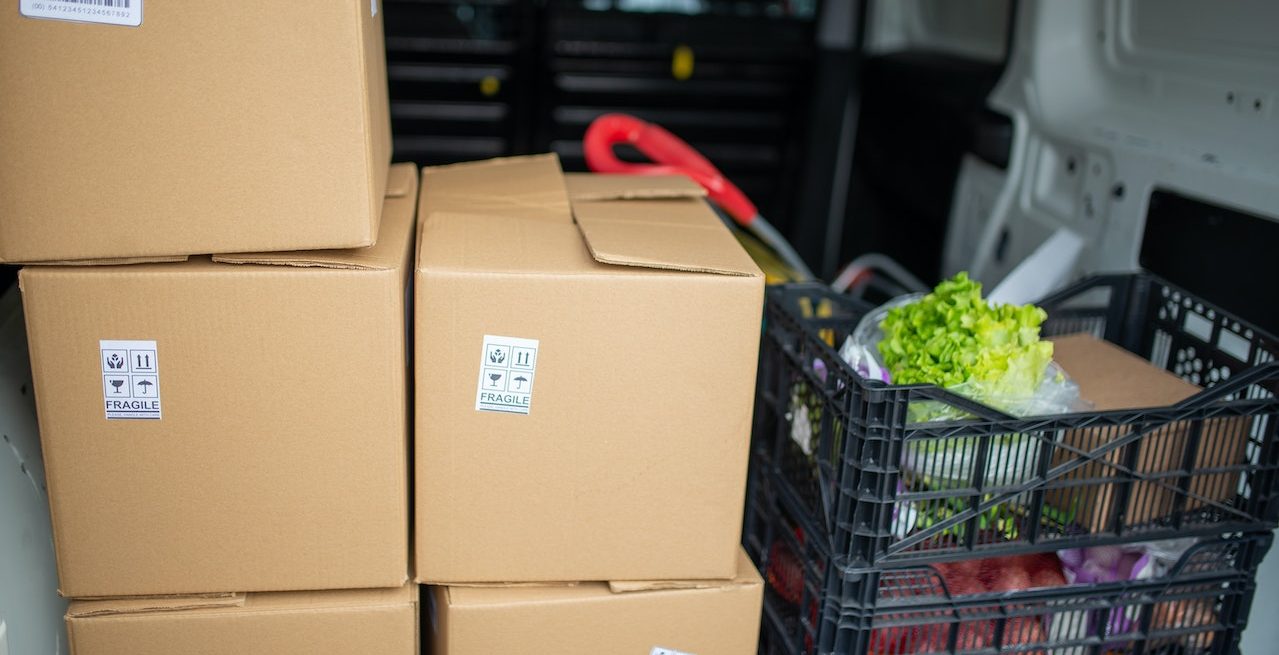Revolutionizing Restaurant Supply Chains: The Impact of AI on Transparency, Validation, Verification, and Sustainability
3 Min Read By Francine L. Shaw
Artificial Intelligence (AI) technology has become invaluable in the food industry. It can help improve restaurants’ transparency, validation, verification, and communication, driving key performance indicators (KPIs) like increased customer satisfaction, trust, and loyalty. AI can also improve sustainability within restaurants – and throughout their supply chains – with huge benefits that include waste and carbon emissions reduction, cost savings, and meeting consumer demand.
For instance, AI can help drive the following benefits:
Improving transparency throughout the supply chain. Transparency is crucial in restaurant supply chains. Restaurant managers must have complete visibility into their suppliers’ sourcing practices to ensure their ingredients are safe, healthy, and high-quality. Luckily, tech innovations like AI have made it possible for restaurant managers to track every aspect of their suppliers’ operations, from acquiring raw materials to delivering finished products. By automating the supply chain, AI ensures the entire process is transparent, providing restaurant managers with real-time data on their suppliers.
One example of how AI technology can boost transparency is by allowing data to be recorded in real-time and shared among multiple stakeholders. AI systems can ensure transparency and enable restaurant managers to track the movement of their ingredients throughout the entire supply chain.
Validating and verifying food safety. Another crucial aspect of modern restaurant supply chains is validation. Restaurant managers must ensure that their suppliers’ sources are trustworthy, and their products are high-quality. AI-based systems can validate supplier sources and detect anomalies in ingredients and packaging processes. AI algorithms are uniquely able to analyze data from various sources, such as FDA inspections, supplier data, and public records, to validate suppliers’ claims and maintain a high level of trust throughout the supply chain.
It's also essential to verify modern restaurant supply chains. Verification refers to the process of ensuring that suppliers’ claims are true and that they’re following all the correct protocols. Here, AI can help verify suppliers’ compliance with audit and certification standards. Additionally, AI can help audit suppliers’ end-to-end processes to ensure high-quality products.
Building consumer trust. Modern consumers are increasingly conscious of their food sources and want to know more about the ingredients used in their meals. It’s no longer enough to tell consumers that their foods are safe and have them blindly trust the process. Now, consumers want unequivocal proof that restaurants are taking every safety precaution, and that proper food safety protocols have been followed from the point of origin to the point of consumption.
To build trust with their customers, restaurant operators must be confident that their ingredients are safe, high-quality, and from trustworthy sources. AI can provide real-time data on suppliers’ sourcing practices and quality control measures. Additionally, AI offers predictive analysis, allowing restaurant managers to anticipate and prevent supply chain disruptions, such as food safety issues, ingredient shortages, or delivery delays.
As such, AI can help restaurant managers better connect – and build trust – with their customers through better transparency and communication. AI can provide detailed information about ingredients' origins, safety, and nutritional value, ensuring that restaurant managers can communicate these essential details to consumers.
Additionally, AI helps ensure smooth, efficient, accurate communication between suppliers and restaurant operators for better quality control. AI-enabled chatbots and other communication channels streamline this process, enabling real-time communication and improved collaboration.
Improving sustainability. AI is also significantly improving sustainability in restaurant supply chains. With growing concerns about the environmental impact of the food industry, AI technology is helping restaurant managers reduce waste, lower carbon emissions, and adopt more sustainable practices.
For instance, AI-based systems can help restaurant operators reduce waste by optimizing the supply chain and minimizing overproduction. These systems can analyze demand patterns and predict future demand, allowing restaurant managers to adjust their inventory accordingly. AI-based systems can also monitor inventory levels in real time, alerting restaurant managers when stock levels are running low or when certain ingredients are nearing expiration, ensuring that products are used before they go bad.
Another benefit is that AI can help reduce carbon emissions within the food industry. With AI technology, restaurant operators can analyze the carbon footprint of their supply chain and identify areas where emissions can be reduced. AI-enabled logistics systems can reduce the number of trips delivery trucks take, optimize delivery routes, and reduce transportation-related emissions.
Additionally, restaurants can use AI to adopt more sustainable practices by analyzing data from suppliers and suggesting alternatives to environmentally harmful ingredients or packaging. And AI-based systems can offer more sustainable options for menu items and food sourcing.
Driving KPIs. AI technology has the potential to elevate various aspects of restaurant operations, improving transparency, validation, verification, communication, and sustainability. AI can help restaurant operators improve customer trust in food safety, which is critical to driving KPIs like sales, loyalty, and referrals. It can also positively impact restaurants’ sustainability (and the sustainability of their supply chains), with benefits that include waste reduction, carbon emissions reduction, and adoption of sustainable practices. KPIs of sustainability improvements include cost savings, reducing restaurants’ environmental impact, maintaining quality, and meeting consumer demand.
It’s exciting to see how AI is elevating safety and quality in restaurants and throughout the food industry. And it will be interesting to see how AI improves and evolves to become even more beneficial for the food industry in the future.


